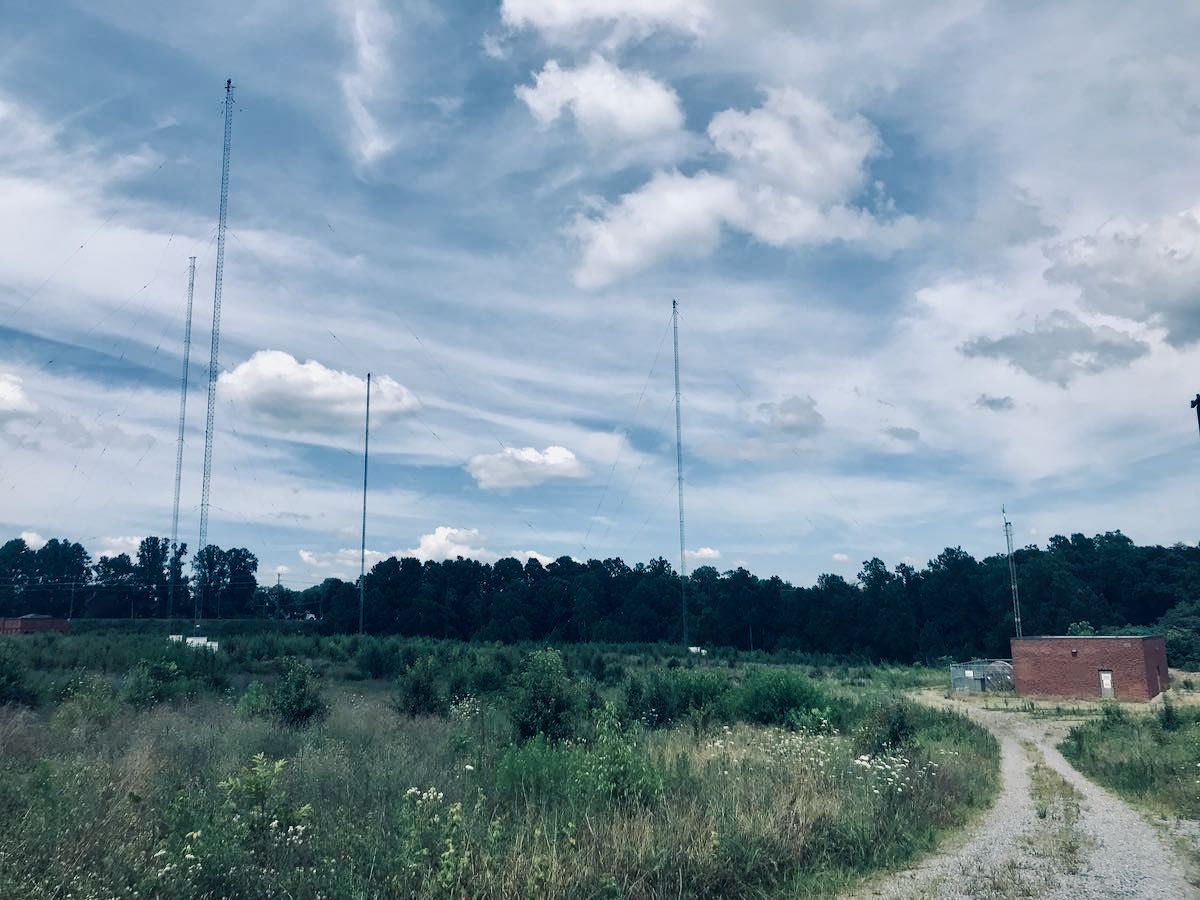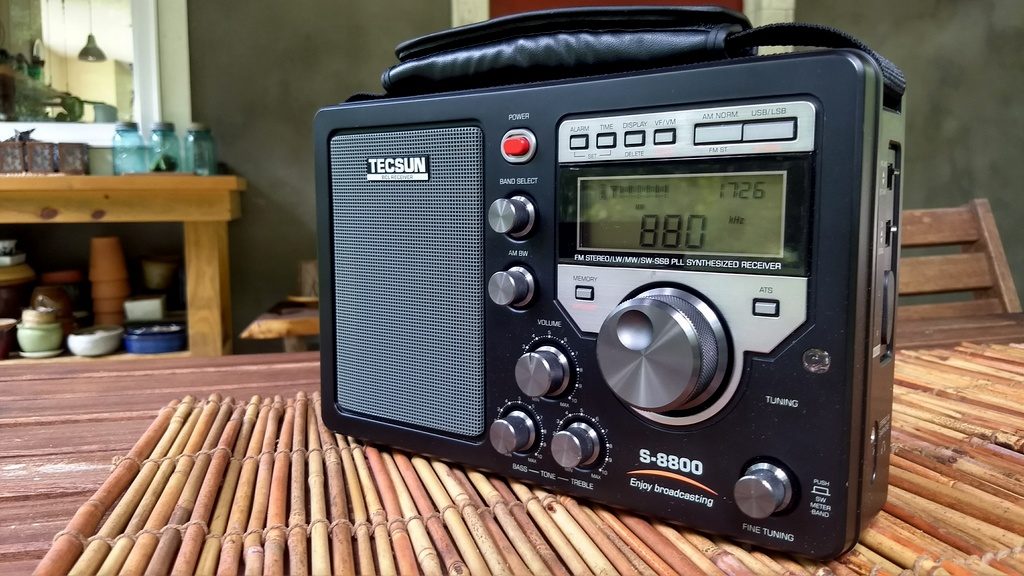Radio Waves: Stories Making Waves in the World of Radio
Because I keep my ear to the waves, as well as receive many tips from others who do the same, I find myself privy to radio-related stories that might interest SWLing Post readers. To that end: Welcome to the SWLing Post’s Radio Waves, a collection of links to interesting stories making waves in the world of radio. Enjoy!
Many thanks to SWLing Post contributors Jonathan Marks, Kim Elliott, and Dennis Dura for the following tips:
Media Network Returns Jan 1st, 2021 (Critical Distance via Vimeo)
Media Network returns for a second series. Premieres here on Vimeo Friday January 1st 2021. In the meantime, how many faces do you recognise?
Trump Appointee Seeks Lasting Control Over Radio Free Europe, Radio Free Asia (NPR)
Michael Pack’s stormy tenure over the federal agency that oversees government-funded broadcasters abroad – including the Voice of America – appears to be coming to a close. Yet President Trump’s appointee has sparked an internal outcry by taking bold steps to try to cement his control over at least two of the networks and to shape the course of their journalism well into the Biden administration.
Pack, the CEO of the U.S. Agency for Global Media, also serves as chairman of the boards of Radio Free Europe/Radio Liberty and Radio Free Asia. Pack and the members of the boards have now added binding contractual agreements intended to ensure that they cannot be removed for the next two years. Pack stocked those boards with conservative activists and Trump administration officials, despite a tradition of bipartisanship.
In other words, although President-elect Joe Biden has already signaled he intends to replace Pack as CEO of the parent agency soon after taking office next month, Pack would maintain a significant degree of control over the networks. Pack and USAGM declined requests for comment.
NPR has reviewed the language of the contracts, which have yet to be signed by the new presidents of the two networks – both of whom were appointed by Pack this month. The Radio Free Europe/Radio Liberty contract was slated to be approved on Wednesday but appears to have been withdrawn from consideration after internal objections and inquiries from Congressional aides, NPR and other media. It is unclear what the future holds for the initiative from Pack.[…]
Click here to download the RFE/RFA protest letter.
Sri Lanka to sell airtime on ex-DW relay station to Encompass Digital Media (Economynext)
ECONOMYNEXT – Sri Lanka has agreed to sell airtime on a former Deutsche Welle relay station in Trincomalee in the North East of the island to UK based Encompass Digital Media Services, London.
Germany’s DW built the relay station in Sri Lanka in 1980 for mainly for international shortwave (HF) broadcasting. It also has a medium wave transmitter for South Asia.
The station was given to state-run Sri Lanka Broadcasting Corporation in 2012.
The rise of television and the internet had made international broadcasts more accessible, though SW retains audiences in many countries.
London based Encompass Media has proposed to transmit shortwave and mediumwave programs from the station. It has offered to pay 49,000 dollars and 16,000 dollars a month for the airtime.
The Cabinet of Ministers had approved the proposal in November 2020. (Colombo/Dec29/2020)[…]
America’s voice goes silent in Berlin as last US radio station closes (Politico)
BERLIN — American radio is a Berliner no more.
The postwar American presence on Berlin’s airways that began in the summer of 1945 when the city was still digging itself out of the rubble of World War II ended this month as the last U.S. radio station in the German capital ceased operation. For years, the station, known in its final iteration as KCRW Berlin, offered listeners a daily helping of local English-language news and eclectic music.
The idea behind the station was to deliver Berliners a dose of unfiltered Americana and to serve as a transatlantic bridge. Even in an era of podcasts, the offering found a loyal if small audience, from daily commuters to American expats.
“It’s a sad moment embodying the end of a tradition,” Anna Kuchenbecker, a member of KRCW Berlin’s board, said, blaming the shutdown on the pandemic. KCRW Berlin was operated in partnership with a California public radio affiliate with the same call sign. The economic fallout of the coronavirus forced the U.S. station to make steep cuts, including layoffs.
The closure comes at a time of deepening estrangement between the U.S. and Germany following years of Donald Trump’s attacks on Berlin. The longtime allies have recently been at odds across a range of issues, from climate policy and trade to foreign policy.
KCRW Berlin wasn’t eligible to receive any of the billions in broadcast fees the German government collects in order to finance domestic public television and radio. Former station officials say it would have been up to KCRW in California and NPR, which is partly funded by the U.S. government, to save the Berlin operation.
“The pain that we are feeling with KCRW Berlin going away is something that is not necessarily felt in the U.S.,” the station’s program director Soraya Sarhaddi Nelson said.
But even in its home city, the station’s death received little attention; Berlin media barely took notice of KCRW’s shuttering or what it signified, noting the move only in passing.[…]
Do you enjoy the SWLing Post?
Please consider supporting us via Patreon or our Coffee Fund!
Your support makes articles like this one possible. Thank you!



